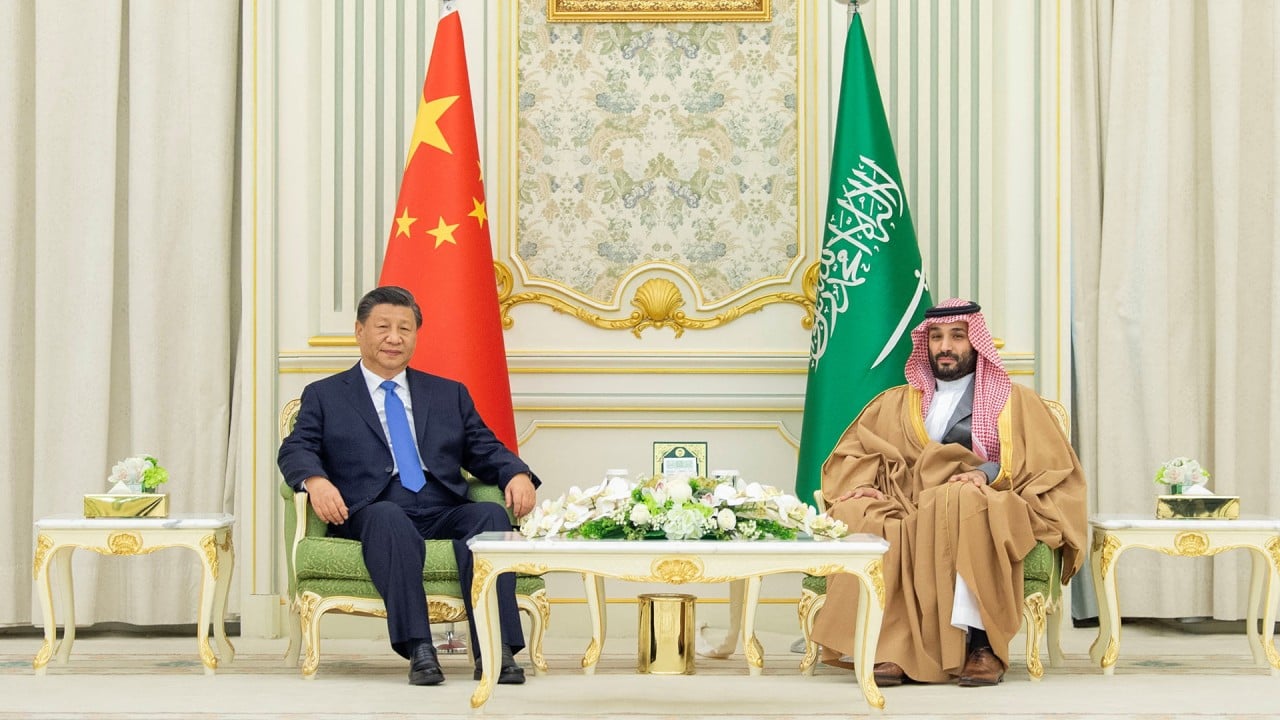Advertisement
Opinion | China’s Saudi-Iran deal is a clear victory in its global push to be a force for peace
- It remains to be seen how much China will enforce the agreement, given its dislike of confrontation, but that matters less than others engaging with Beijing
- The world order is shifting and the West needs to find a better way to answer the offer Beijing is putting on the table than simply dismissing it
Reading Time:3 minutes
Why you can trust SCMP
7

Beijing deserves credit for seizing the opportunity to support Saudi-Iranian rapprochement. While it is premature to say China has displaced the United States in the Middle East through this deal, coming amid reports that President Xi Jinping is to meet both Ukrainian President Volodymyr Zelensky and Russian President Vladimir Putin, it does highlight the appeal of Beijing’s approach to foreign policy to a wider audience than is sometimes appreciated in the US or Europe.
As far as can be understood, China came into the process for the Saudi-Iranian deal relatively late. Iraq and Oman also played an important brokering role, one that both Tehran and Riyadh actively sought out as they attempted to tone down their tensions. Even so, it is clear that Beijing played an important role in clearing the final hurdles to the agreement and reportedly offered some critical backstops and guarantees.
It remains to be seen how much Beijing will act as an enforcer and whether it will step in to chide either side if they fail to live up to their responsibilities within this framework. Similarly, we will have to wait and see what, if any, tangible deliverables China can obtain in its attempts to mediate between Putin and Zelensky.
But in many ways, from a Chinese perspective, these details are less significant at this point. This is part of a wider push since the end of China’s zero-Covid policy, one which demonstrates an alternative international order that Beijing can offer. Xi’s travel itinerary since last September has included attending a Shanghai Cooperation Organisation summit in Uzbekistan, the Group of 20 summit in Jakarta, the Apec forum in Bangkok and the China-Gulf Cooperation Council Summit in Riyadh.
These are all platforms where the West has less of a presence and where China gets a warmer reception. They are also replete with powers that appreciate Beijing’s less-judgmental approach to international affairs and how they behave at home. Some also see China as a rich potential investor and important economic partner, which blunts their desire to take a confrontational approach.
At the same time, Chinese diplomacy seeks to push a narrative of positive engagement on the world stage. The publication of the Global Security Initiative white paper in English was an illustration of what a Chinese-led security order might look like.
Advertisement


